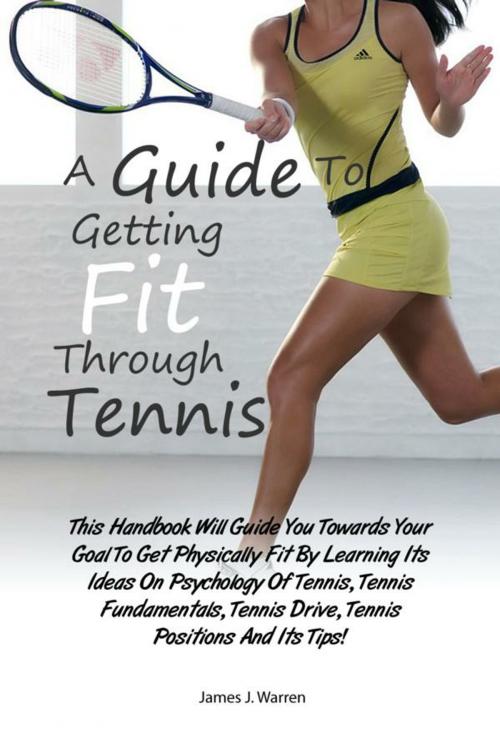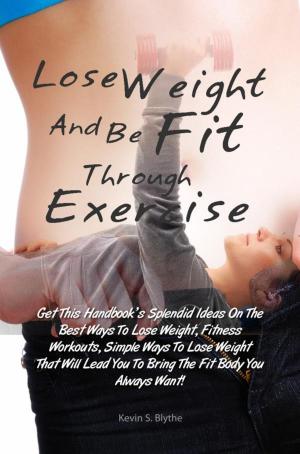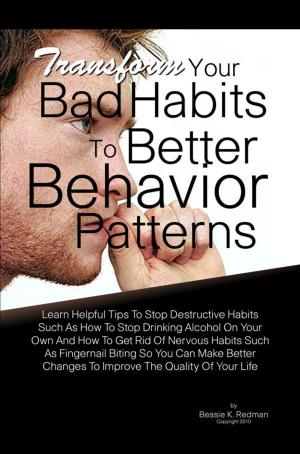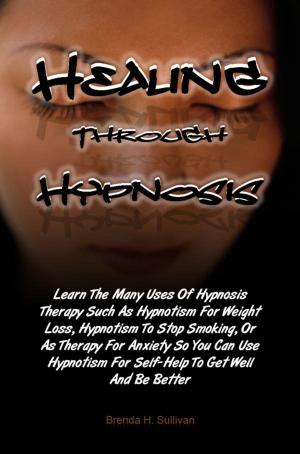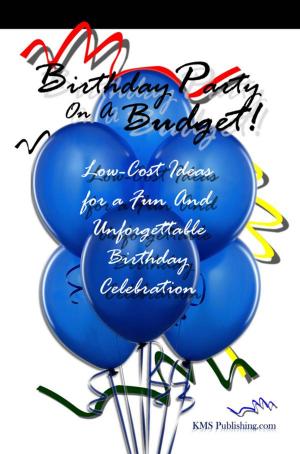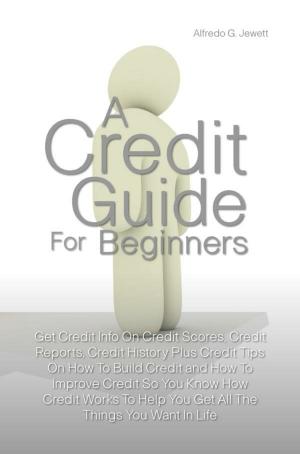A Guide To Getting Fit Through Tennis
This Handbook Will Guide You Towards Your Goal To Get Physically Fit By Learning Its Ideas On Psychology Of Tennis, Tennis Fundamentals, Tennis Drive, Tennis Positions And Its Tips!
Nonfiction, Sports, Racquet Sports| Author: | James J. Warren | ISBN: | 1230000017305 |
| Publisher: | KMS Publishing | Publication: | September 12, 2012 |
| Imprint: | Language: | English |
| Author: | James J. Warren |
| ISBN: | 1230000017305 |
| Publisher: | KMS Publishing |
| Publication: | September 12, 2012 |
| Imprint: | |
| Language: | English |
Physical fitness is one of the great essentials of match play. Keenness can only be acquired if the physical, mental, and nervous systems are in tune. Consistent and systematic training is essential to a tournament player.
Regular hours of sleep, and regular, hearty food at regular hours are necessary to keep the body at its highest efficiency. Food is particularly important. Eat well, but do not over-eat, particularly immediately before playing. I believe in a large hearty breakfast on the day of a big match. This should be taken by nine-thirty. A moderate lunch at about one o'clock if playing at three. Do not eat very rich food at luncheon as it tends to slow you up on the court. Do not run the risk of indigestion, which is the worst enemy to dear eyesight. Rich, heavy food immediately before retiring is bad, as it is apt to make you "loggy" on the court the next day.
It is certain injury to touch alcoholic drink in any form during tournament play. Alcohol is a poison that affects the eye, the mind, and the wind three essentials in tennis. Tobacco in moderation does little harm, although it, too, hits eye and wind. A man who is facing a long season of tournament play should refrain from either alcohol or tobacco in any form. Excesses of any kind are bad for physical condition, and should not be chanced.
"Staleness" is the great enemy of players who play long seasons. It is a case of too much tennis. Staleness is seldom physical weariness. A player can always recover his strength by rest. Staleness is a mental fatigue due often to worry or too close attention to tennis, and not enough variety of thought. Its symptoms are a dislike for the tennis game and its surroundings, and a lack of interest in the match when you are on the court. I advocate a break in training at such a time. Go to the theatre or a concert, and get your mind completely off tennis. Do your worrying about tennis while you are playing it, and forget the unpleasantness of bad play once you are off the court. Always have some outside interest you can turn to for relaxation during a tournament; but never allow it to interfere with your tennis when you should be intent on your game. A nice balance is hard to achieve, but, once attained is a great aid to a tournament player.
Physical fitness is one of the great essentials of match play. Keenness can only be acquired if the physical, mental, and nervous systems are in tune. Consistent and systematic training is essential to a tournament player.
Regular hours of sleep, and regular, hearty food at regular hours are necessary to keep the body at its highest efficiency. Food is particularly important. Eat well, but do not over-eat, particularly immediately before playing. I believe in a large hearty breakfast on the day of a big match. This should be taken by nine-thirty. A moderate lunch at about one o'clock if playing at three. Do not eat very rich food at luncheon as it tends to slow you up on the court. Do not run the risk of indigestion, which is the worst enemy to dear eyesight. Rich, heavy food immediately before retiring is bad, as it is apt to make you "loggy" on the court the next day.
It is certain injury to touch alcoholic drink in any form during tournament play. Alcohol is a poison that affects the eye, the mind, and the wind three essentials in tennis. Tobacco in moderation does little harm, although it, too, hits eye and wind. A man who is facing a long season of tournament play should refrain from either alcohol or tobacco in any form. Excesses of any kind are bad for physical condition, and should not be chanced.
"Staleness" is the great enemy of players who play long seasons. It is a case of too much tennis. Staleness is seldom physical weariness. A player can always recover his strength by rest. Staleness is a mental fatigue due often to worry or too close attention to tennis, and not enough variety of thought. Its symptoms are a dislike for the tennis game and its surroundings, and a lack of interest in the match when you are on the court. I advocate a break in training at such a time. Go to the theatre or a concert, and get your mind completely off tennis. Do your worrying about tennis while you are playing it, and forget the unpleasantness of bad play once you are off the court. Always have some outside interest you can turn to for relaxation during a tournament; but never allow it to interfere with your tennis when you should be intent on your game. A nice balance is hard to achieve, but, once attained is a great aid to a tournament player.
